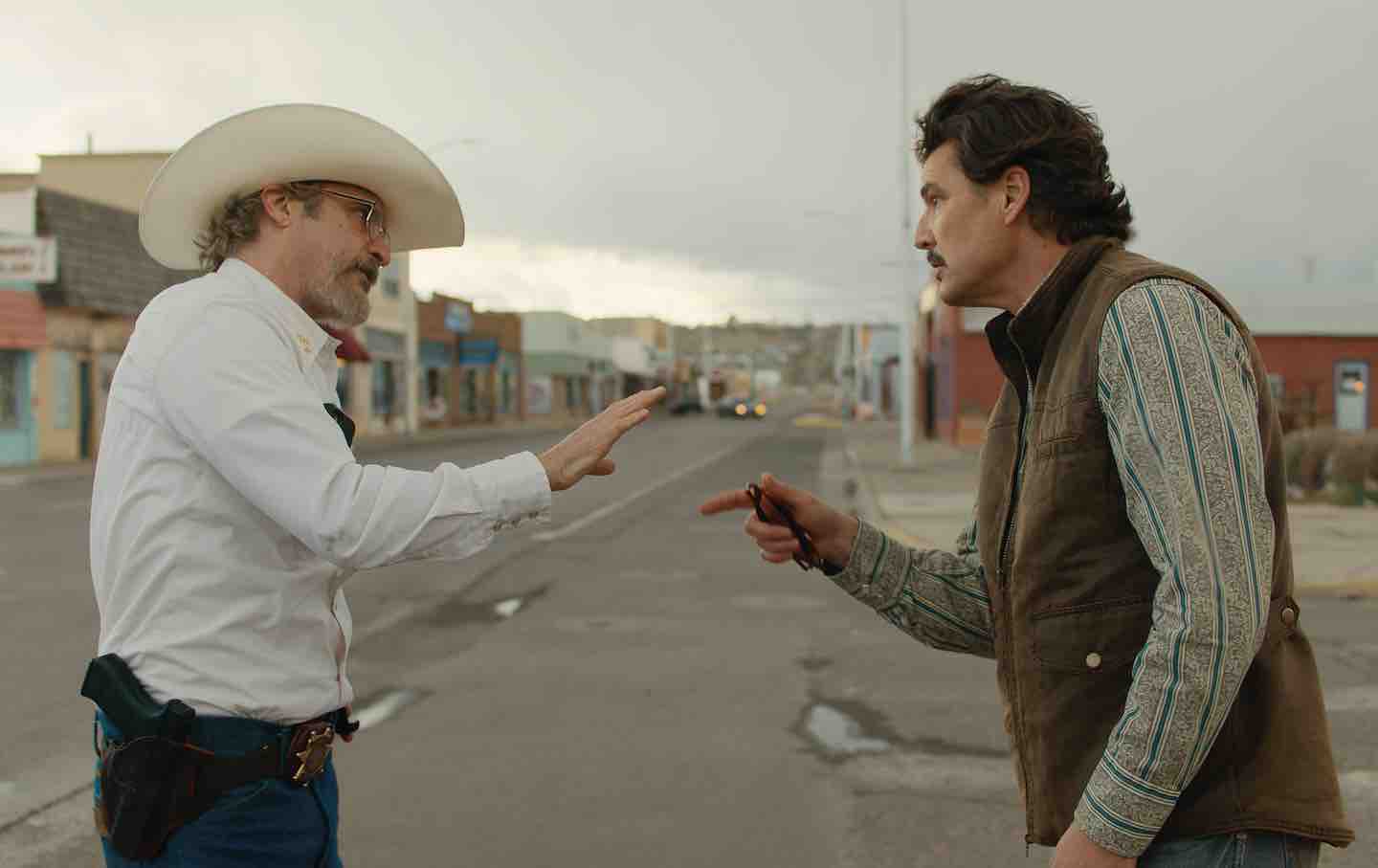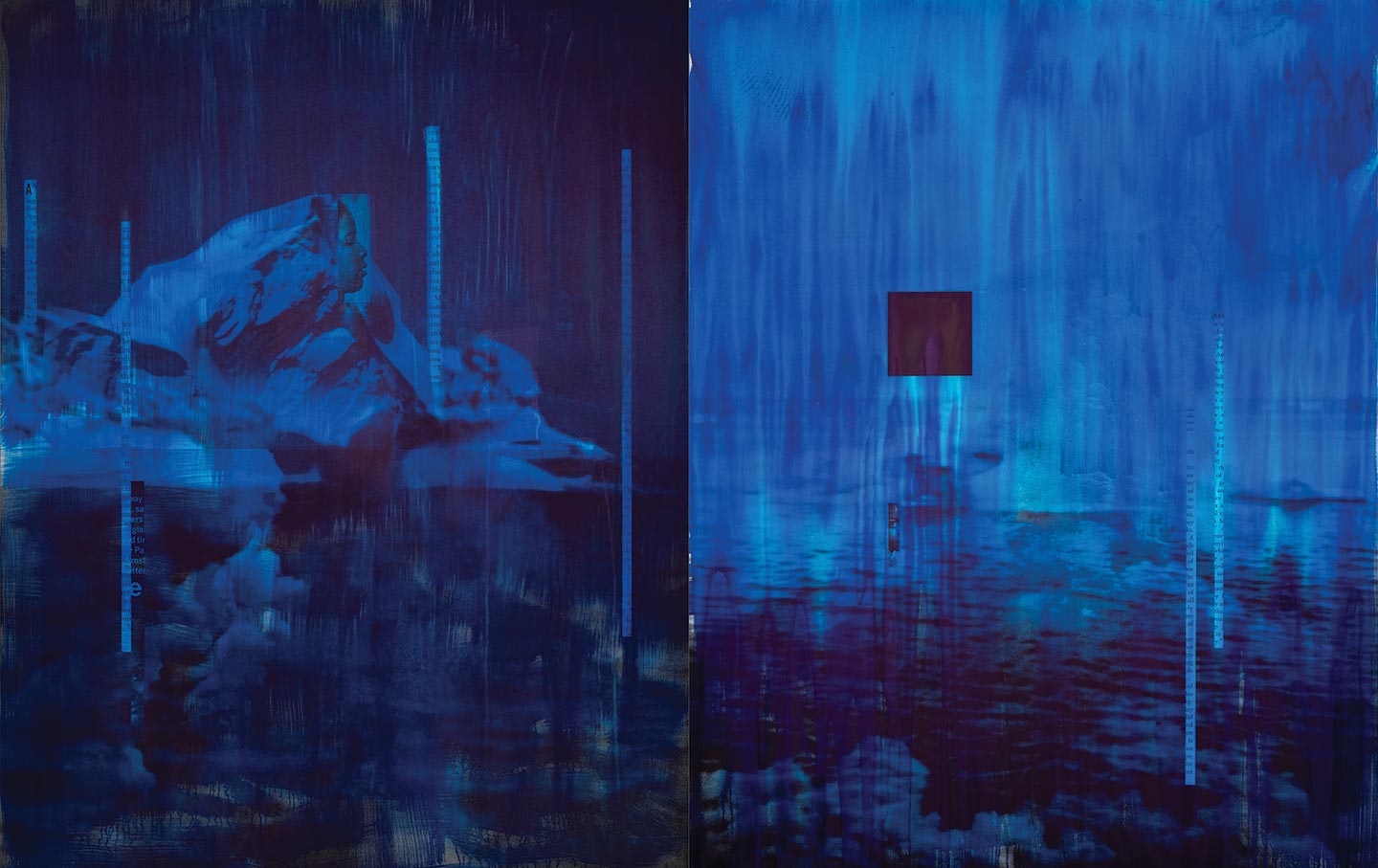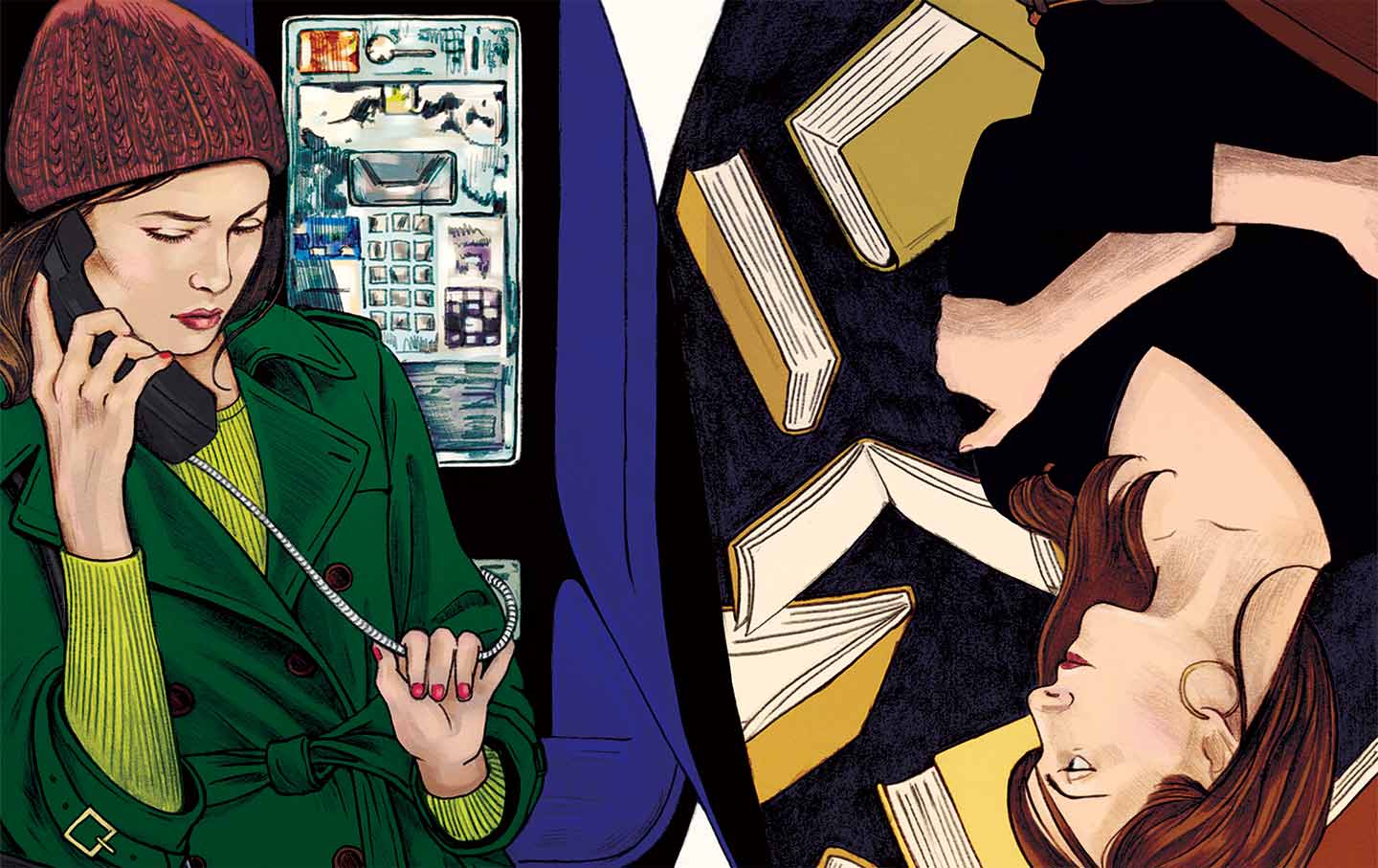The Oscars Are Upon Us
Who will win big at the biggest night in movies?
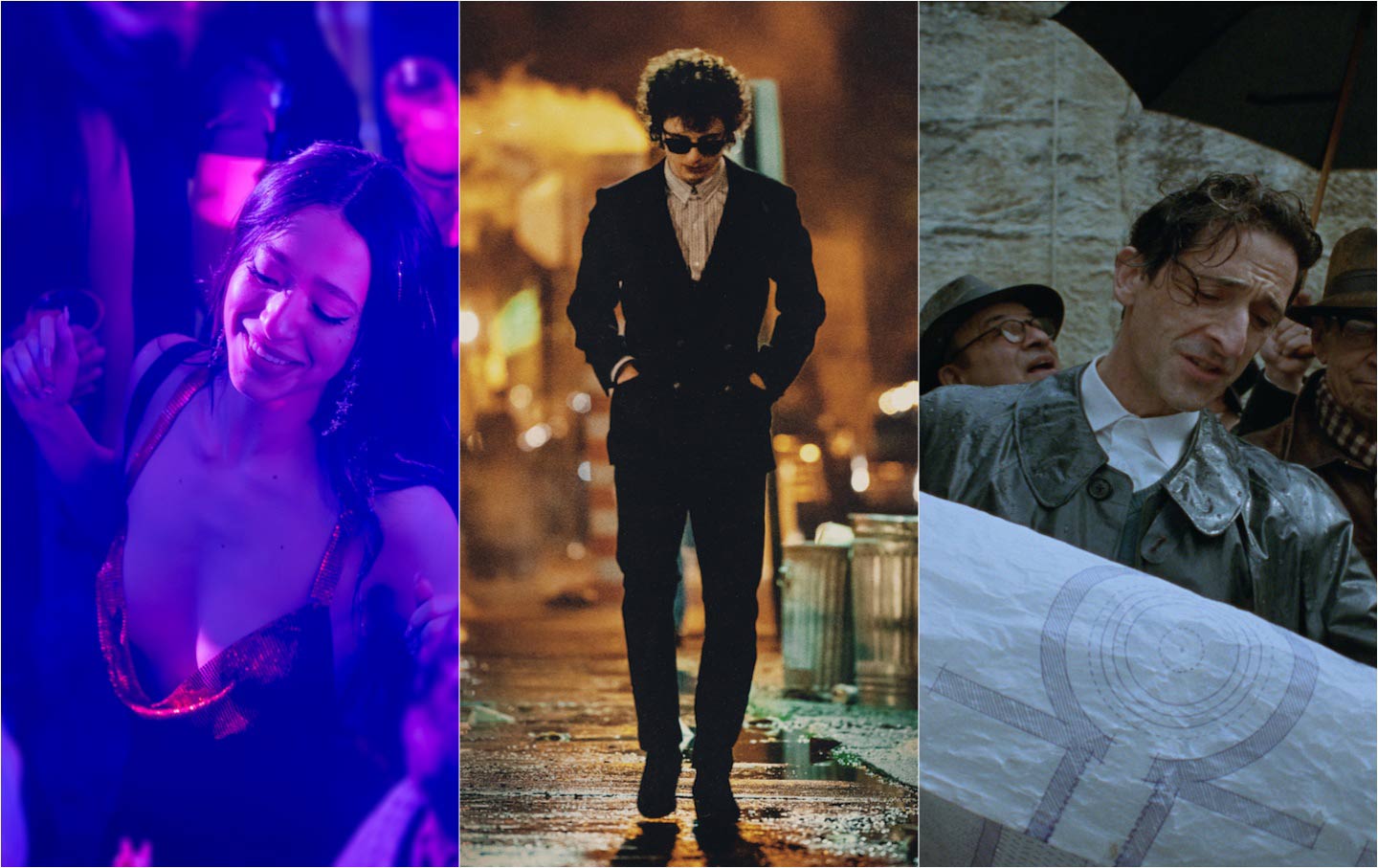
This weekend, after another year of movies, the Oscars have arrived. At The Nation, we’ve reviewed a lot of the award contenders and while your guess is as good as ours on the night’s winners, we think our critics—Beatrice Loayza, Kate Wagner, Sam Adler-Bell, Jorge Cotte, Stephen Kearse, Andre Pagliarini, David Klion, Ahmed Moor, and Kelli Weston—will help you better understand the last year in film. Here are a list of some of our favorites.
The Brutalist
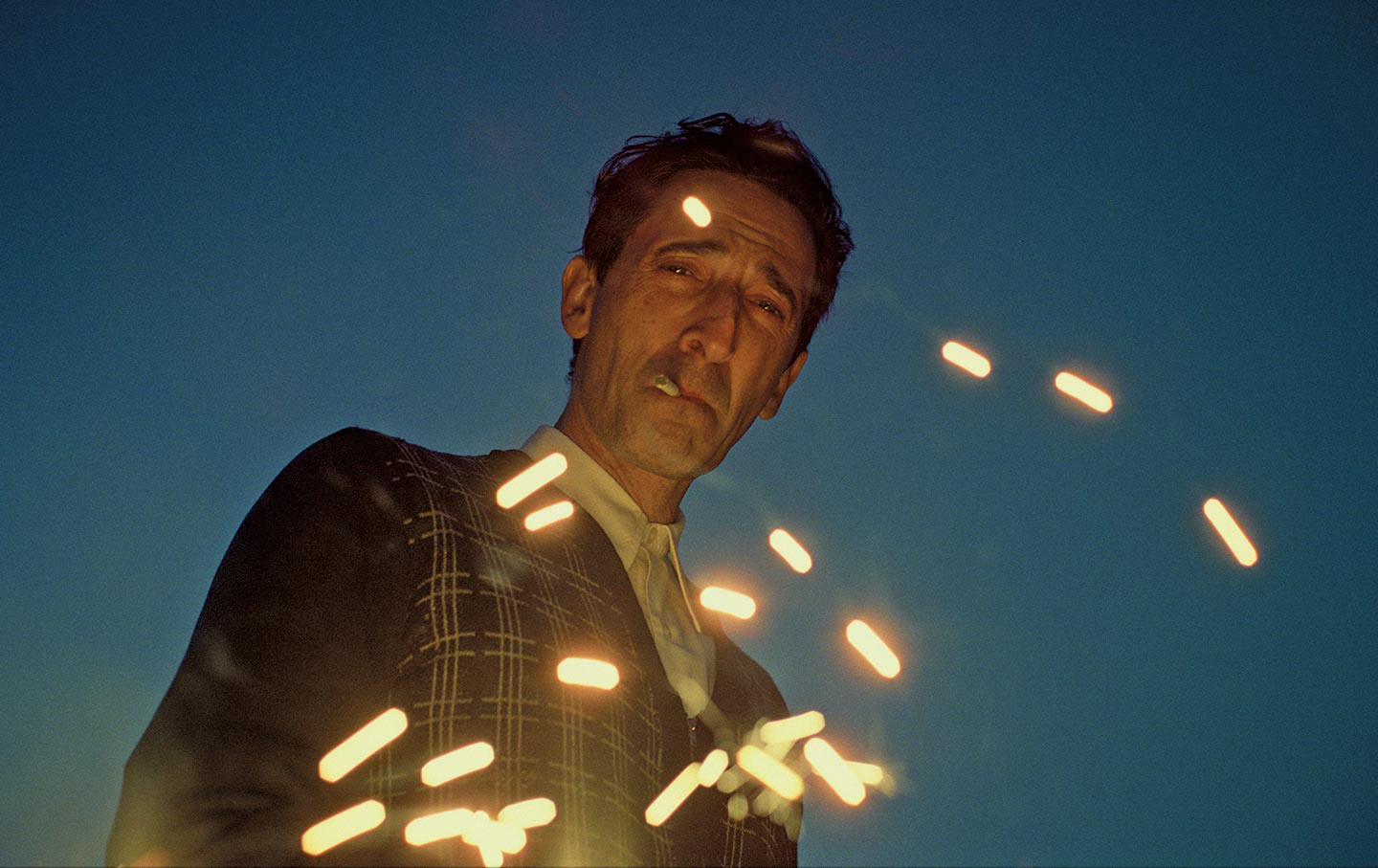
Kate Wagner: “The Brutalist provides its audience with a window onto a side of architecture that is always lurking in the shadows: who makes it, and for whom.”
Anora
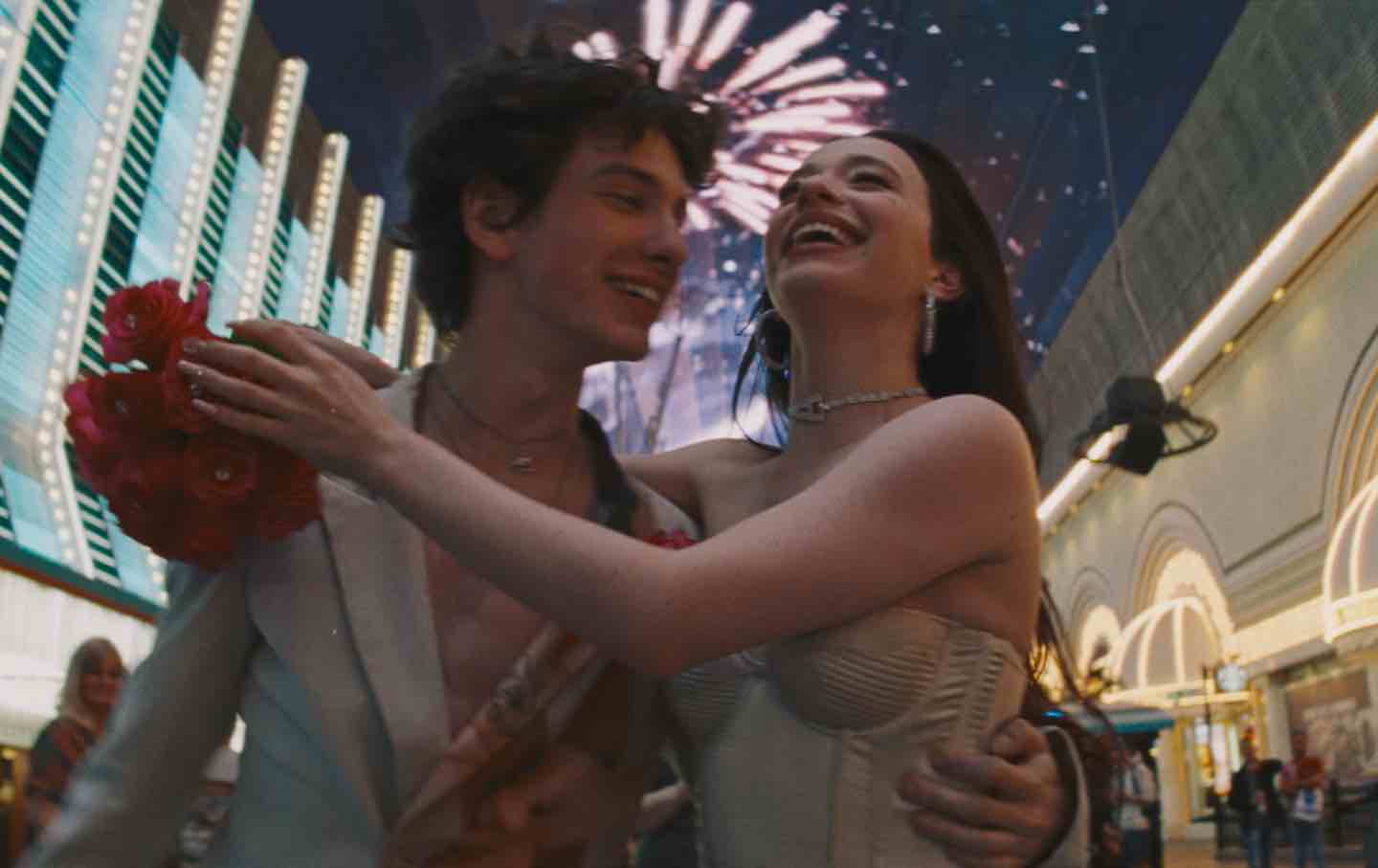
Beatrice Loayza: “[Sean] Baker’s characters may be condemned to their contexts, yet they are also treated like mythic heroes, simultaneously realistic and larger-than-life.”
A Complete Unknown
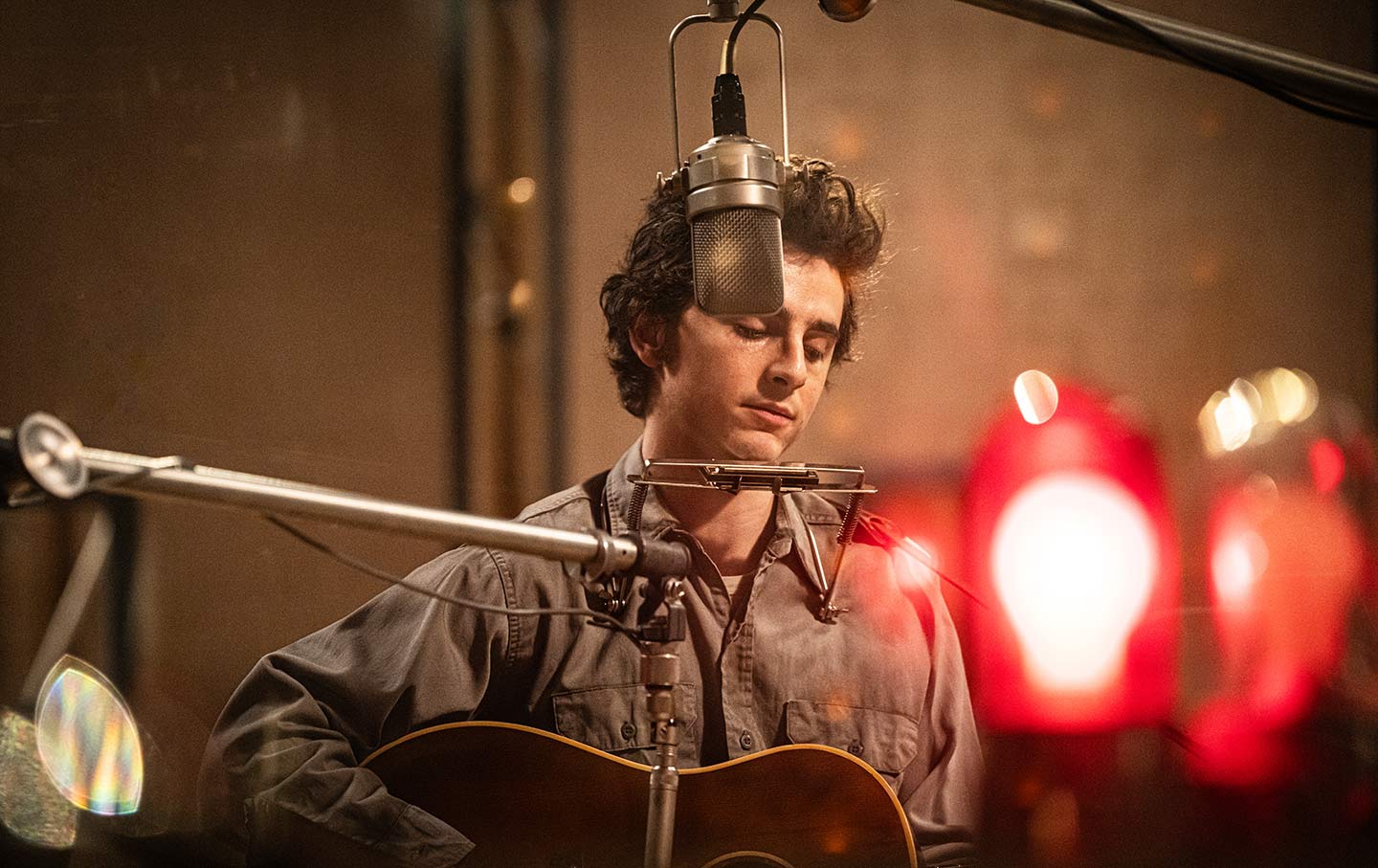
Sam Adler-Bell: “The film, which stars Hollywood wonder waif Timothée Chalamet, is suffused with unspecific nostalgia. It reminds you of everything, and yet its ingredients are still a bit of puzzle.”
Dune: Part Two
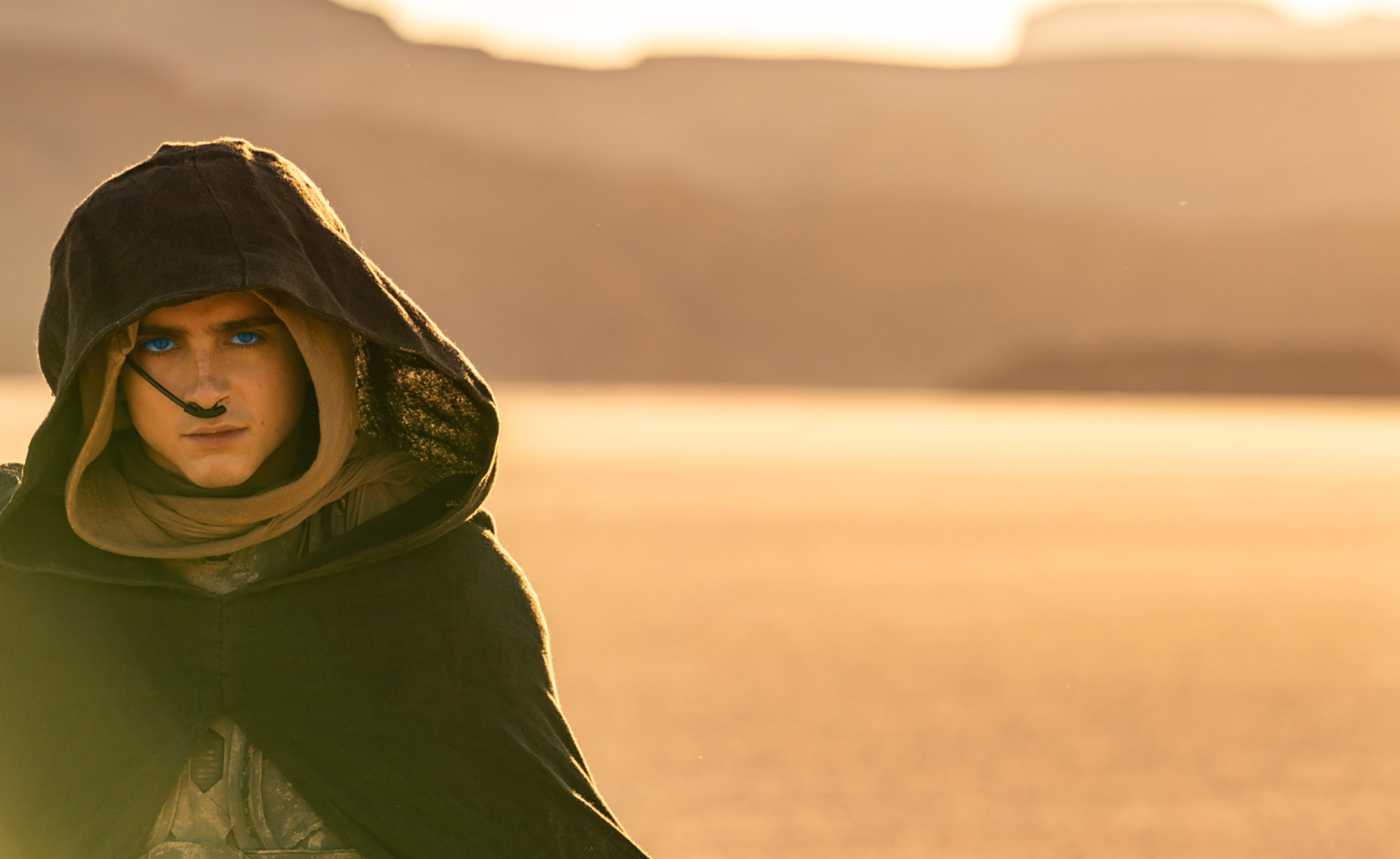
Jorge Cotte: “[Denis] Villeneuve streamlines the vast scope of Herbert’s story into a series of sweeping set pieces, more plentiful in this installment and meticulously executed.”
Nickel Boys
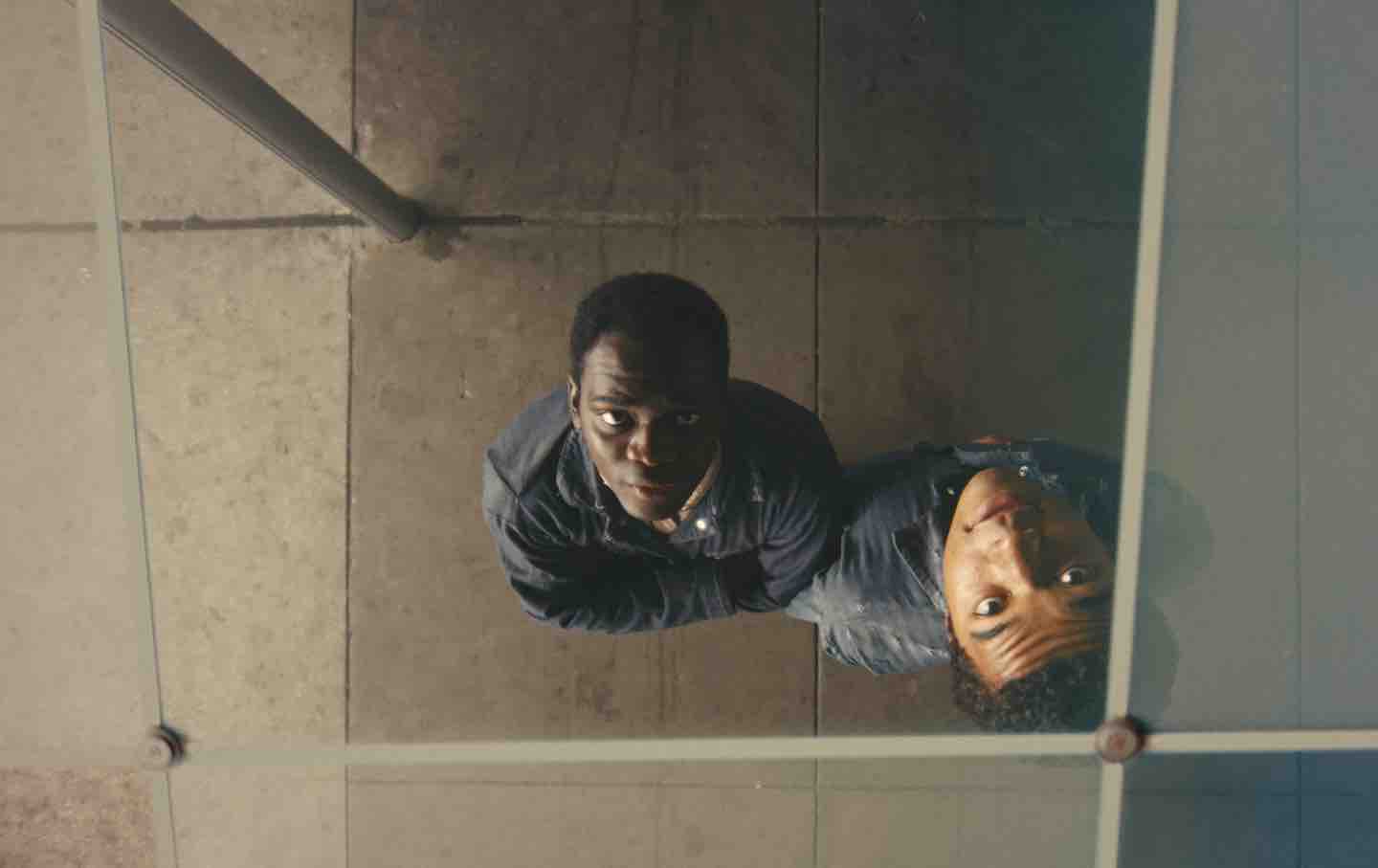
Stephen Kearse: “The contradiction of [RaMell] Ross’s approach is that these deep investments in subjectivity don’t actually yield much interiority.”
I’m Still Here

Andre Pagliarini: “Through the dire experience of one privileged, well-connected family, [Walter] Salles presents a chilling portrait of what happens when a government declares war on its citizens.”
The Apprentice
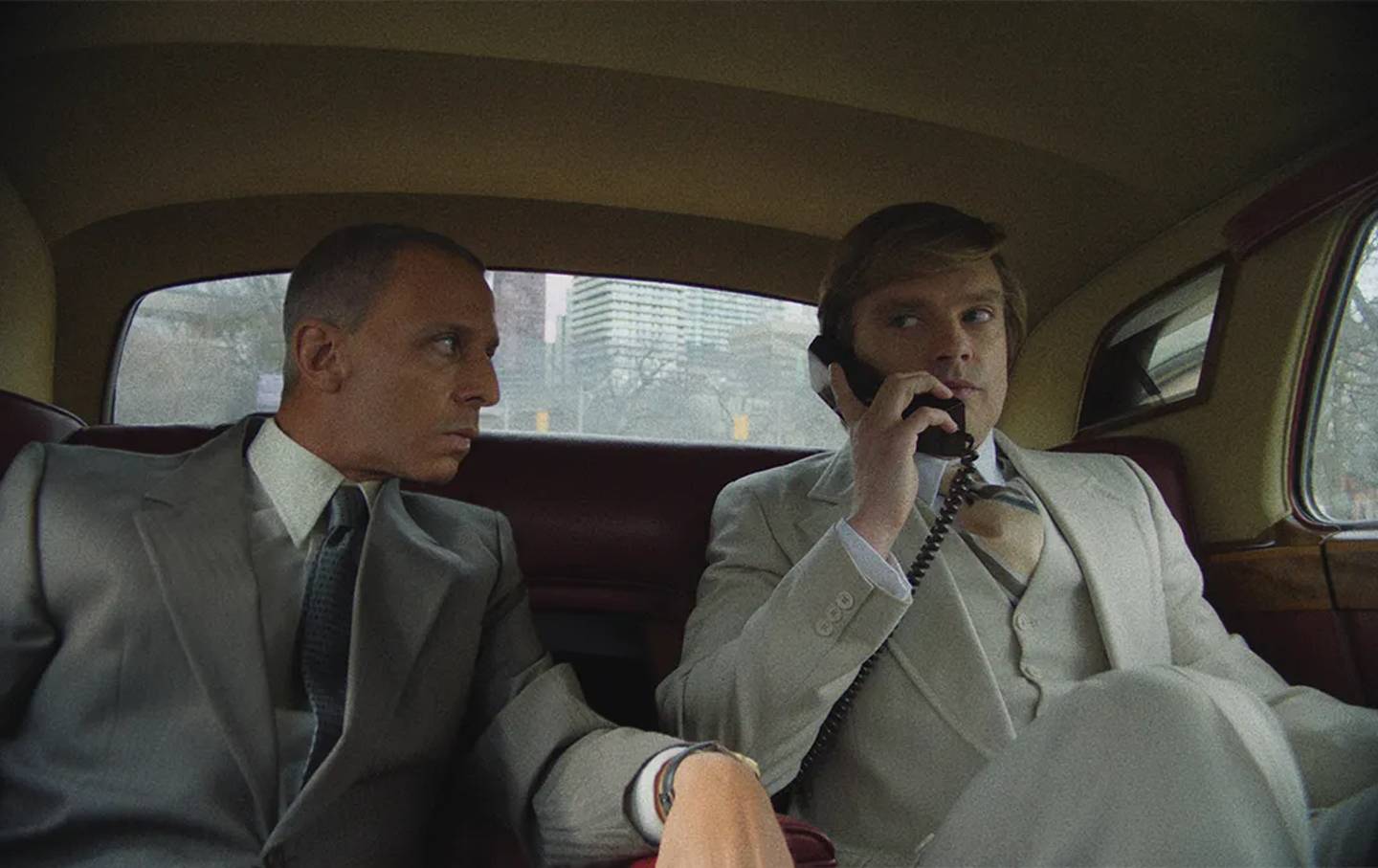
David Klion: “The filmmakers, and especially the cast, have managed to take seriously a fundamentally unserious man and to draw a portrait that is all the more unsettling for being fair-minded.”
No Other Land
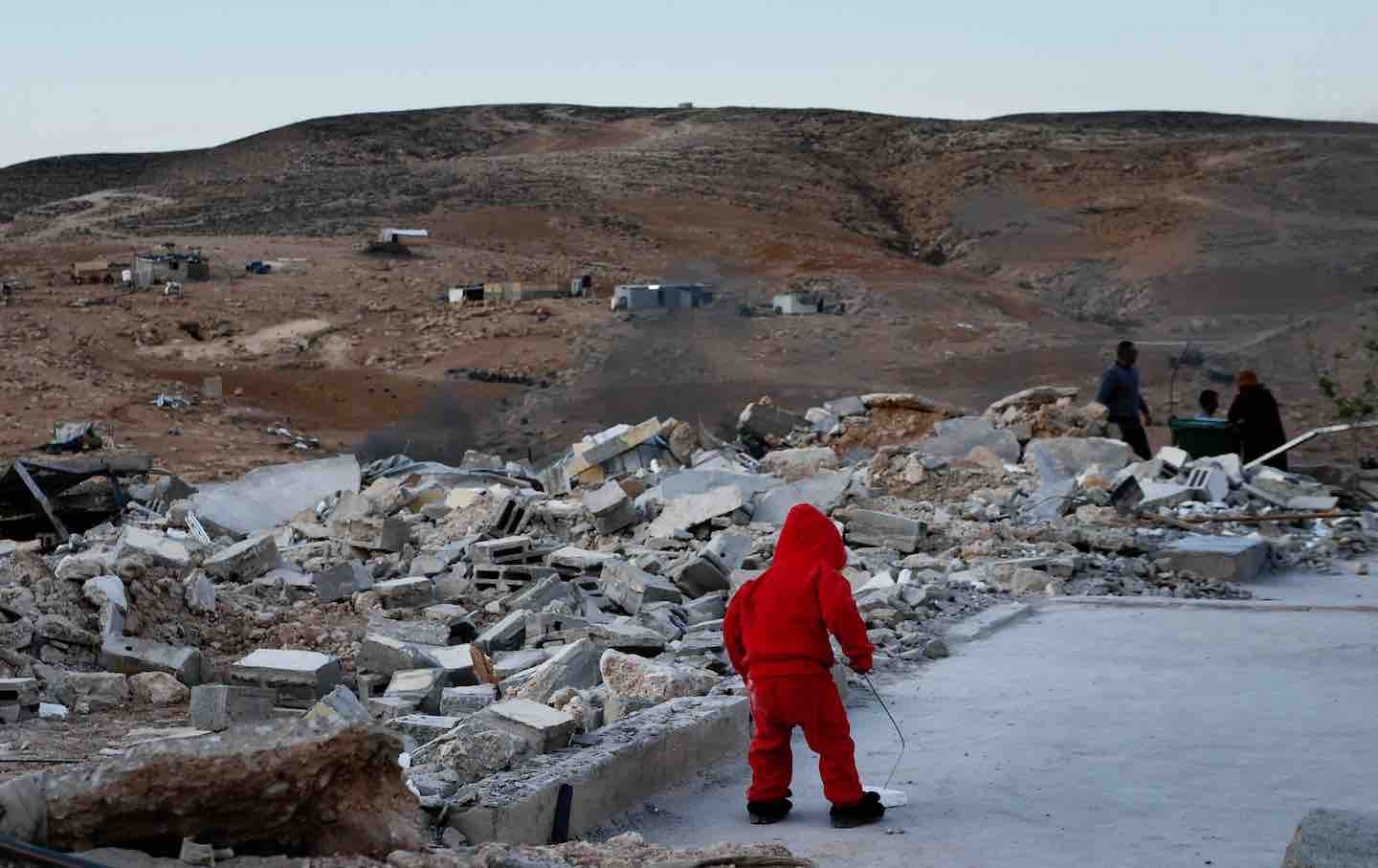
Ahmed Moor: “The Nakba continues; No Other Land makes this very clear.”
Nosferatu
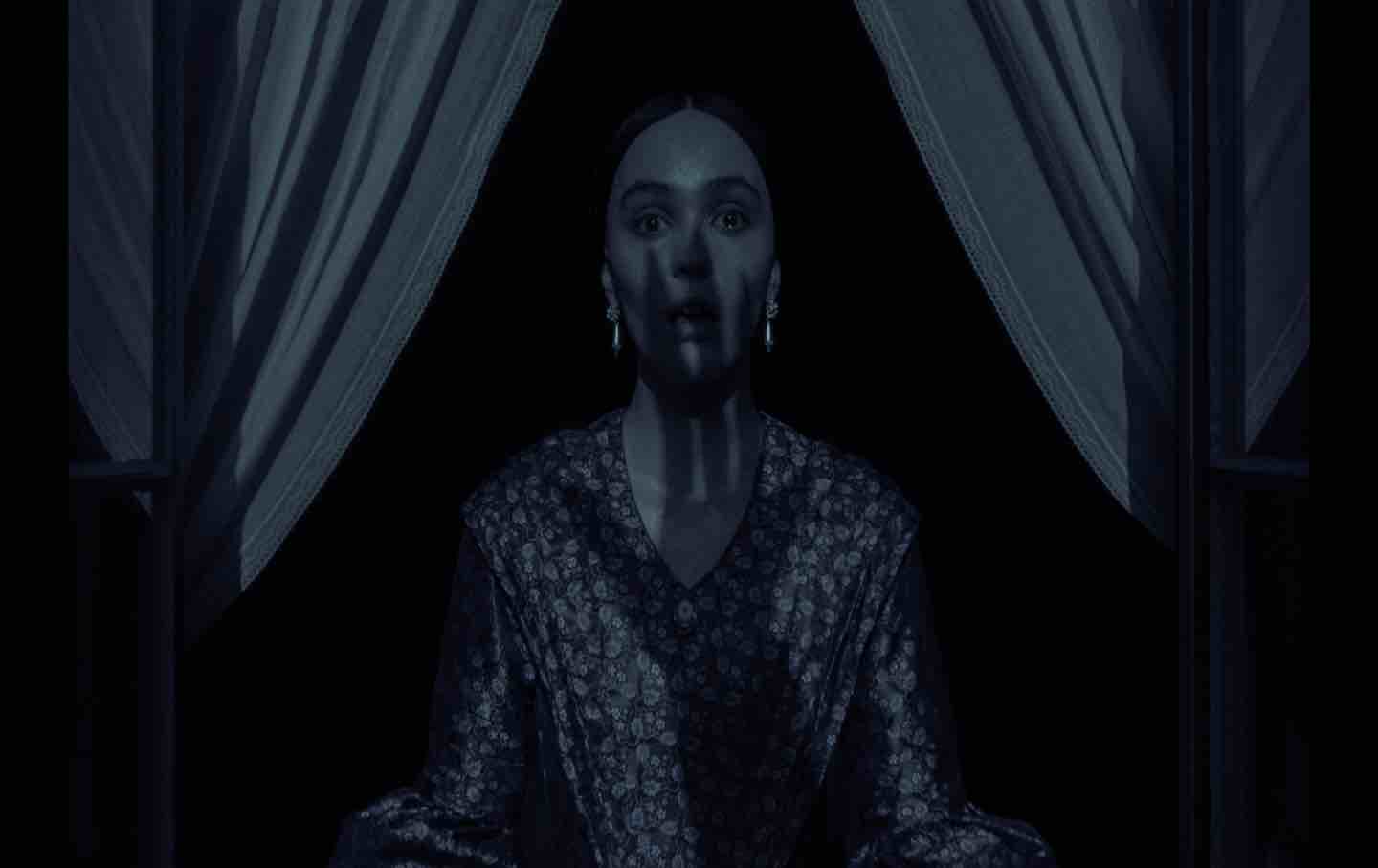
Kelli Weston: “Perhaps no contemporary filmmaker is better suited for this lofty revival than [Robert] Eggers, already inclined to trace the lineage of the Gothic project and, invariably, the ongoing anxieties this mode is uniquely disposed to express.”
Take a stand against Trump and support The Nation!
In this moment of crisis, we need a unified, progressive opposition to Donald Trump.
We’re starting to see one take shape in the streets and at ballot boxes across the country: from New York City mayoral candidate Zohran Mamdani’s campaign focused on affordability, to communities protecting their neighbors from ICE, to the senators opposing arms shipments to Israel.
The Democratic Party has an urgent choice to make: Will it embrace a politics that is principled and popular, or will it continue to insist on losing elections with the out-of-touch elites and consultants that got us here?
At The Nation, we know which side we’re on. Every day, we make the case for a more democratic and equal world by championing progressive leaders, lifting up movements fighting for justice, and exposing the oligarchs and corporations profiting at the expense of us all. Our independent journalism informs and empowers progressives across the country and helps bring this politics to new readers ready to join the fight.
We need your help to continue this work. Will you donate to support The Nation’s independent journalism? Every contribution goes to our award-winning reporting, analysis, and commentary.
Thank you for helping us take on Trump and build the just society we know is possible.
Sincerely,
Bhaskar Sunkara
President, The Nation

